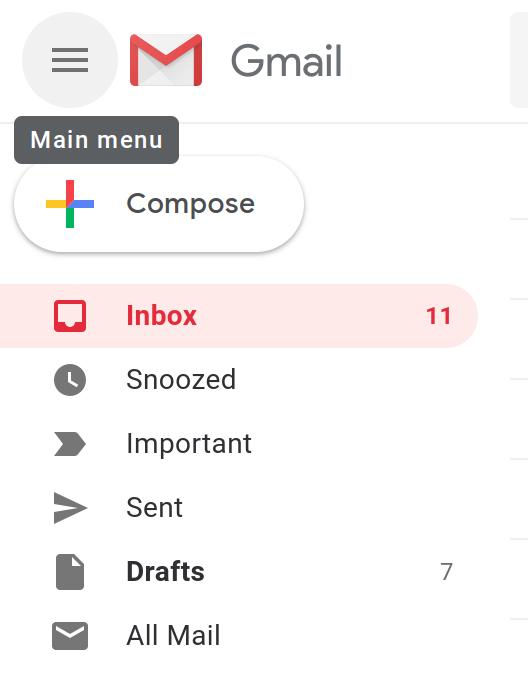This Shouldn't Be Difficult
I'm wearing an old orange sweater with blue stripes and worrying about it. I haven't worn it all winter as it has been buried under other clothes on a closet shelf. Last week, working on minimalism, I pulled the clothes down and each day have worn something from there to see if it's worth keeping. I eliminated one sweater without even trying it on and kept two others right away. Today, however, I'm stuck in a ridiculous quandary over this sweater. I've been thinking for hours about keeping or discarding it. Like I have nothing better to do.
The sweater is comfortable though a bit baggy and long. The cuffs are not elastic, so I can't push the sleeves up as I like. Obviously it should go into the bag of clothes to donate. Problem solved. Except...
Except for "use it up, wear it out, make it do, or do without."
To get rid of a sweater I bought, especially if it's still of use, is not at all frugal. Sure, it's not perfect, but it's not bad and it works. Getting rid of it would be such a waste.
This is the fine line between minimalism and frugality, not at all unlike the quandary in Spinal Tap:
David St. Hubbins: It's such a fine line between stupid, and uh...
Nigel Tufnel: Clever.
David St. Hubbins: Yeah, and clever.
I'm in this mess because I pulled down a pile of clothing, things I haven't worn in a year and found I've got too much stuff. Even without this one I have too many sweaters. This isn't a difficult decision. Come on already.
I'll put it in the donation bag and I'll feel some regret, not for any sentimental attachment to the sweater but for a sentiment about making do and using things until they wear out. But mostly I think I'm trying to escape a mistake.
I bought the sweater and other clothes when I already had too much clothing. That was a mistake and it won't erase the mistake if I make another by hanging onto something I don't need. It will just be a burden.
This shouldn't be that difficult but it is for me. There is so much stuff weighing me down right now. Some of those things are things I've bought that I haven't needed and which I don't use. More of it is the job I'm quitting and questions I have about what comes next. Too much clothing, too much depression, too much anxiety. I need to let some things go and a sweater is an easy place to start.
It may be that I'm assigning more importance to keeping the sweater than it deserves. In all the confusion about my present and future, it's sometimes easier to obsess over an old orange sweater with blue stripes than apply for jobs, write a book, or figure out finances. I can (eventually) make a decision, donate it, and move on to the next piece of clothing.
Maybe other things can be settled so easily.

